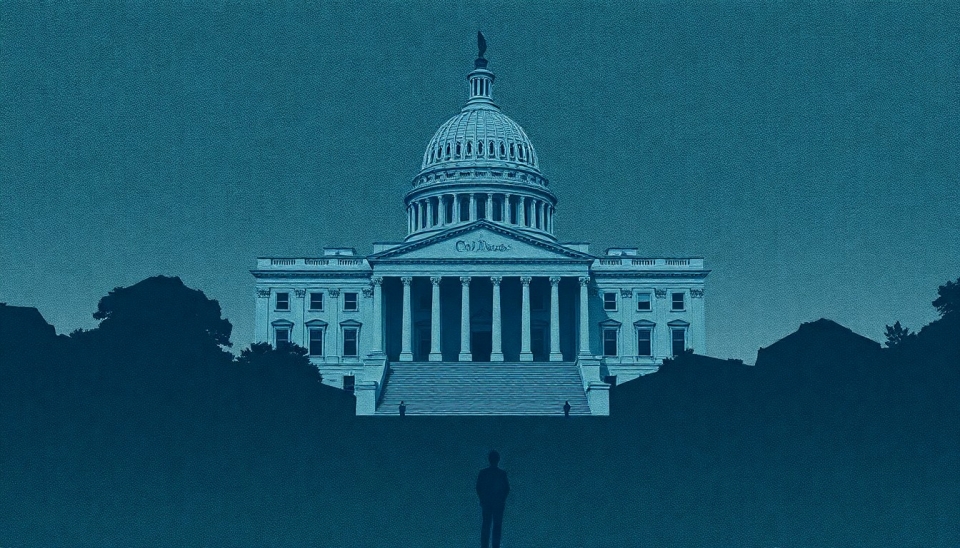
In a significant and somewhat contentious development, the Biden administration has announced its intention to support a controversial international treaty aimed at enhancing cybersecurity measures globally. This treaty, which is set to be deliberated at a United Nations conference in the coming weeks, has raised eyebrows among various stakeholders, who are concerned about its implications for internet governance and digital sovereignty.
The proposed treaty seeks to establish a framework to address the growing threat of cyberattacks, which have escalated in frequency and sophistication in recent years. The aim is to create a standardized approach for nations to respond to cyber incidents, promote cooperation in cybersecurity defenses, and establish norms for responsible behavior in cyberspace. However, critics argue that the treaty could infringe on national interests and lead to an overreach by international bodies into domestic cybersecurity policies.
Supporters of the treaty, including many countries in Europe and parts of Asia, believe that a coordinated international response is essential to combat the global nature of cyber threats that do not adhere to national borders. They contend that without such measures, individual nations remain vulnerable to increasingly complex attacks that could destabilize economies and endanger national security.
Meanwhile, the Biden administration’s backing of the treaty comes as part of its broader strategy to enhance U.S. cybersecurity posture. Senior administration officials emphasized that participation in the treaty is not only a defensive measure but also a proactive step to shape global cybersecurity standards and norms, ensuring that U.S. interests are safeguarded in an interconnected world.
Despite the administration's assurances, skepticism remains among some technical experts and policymakers. Concerns have been raised about the potential for the treaty to empower authoritarian regimes to tighten their control over the internet or to use the framework to justify state-sponsored cyber operations under the guise of cybersecurity in instances where international standards are vague.
As discussions around the treaty unfold, the U.S. government plans to engage with various stakeholders, including the private sector and civil society, to understand the potential impacts and gather feedback. The administration is aware that the successful implementation of any treaty will require careful consideration of the balance between international cooperation and the preservation of individual countries’ rights to govern their own digital domains.
The upcoming UN conference is expected to attract considerable attention from member states as well as activist groups advocating for transparency and accountability in international cyber agreements. The outcome of these discussions could set a precedent for defining global cybersecurity norms, navigating between security concerns and protecting civil liberties online.
As the world becomes increasingly interconnected through technology, the Biden administration's decision to support this treaty underscores a pivotal moment in international cybersecurity policy. The battle lines are being drawn, and how nations choose to cooperate—or resist—could reshape the landscape of cyber interaction for years to come.
In conclusion, the Biden administration’s endorsement of the controversial UN cybersecurity treaty marks a decisive step in global efforts to address cyber threats. However, as nations prepare to navigate these complex discussions, the implications of such a treaty could have far-reaching effects on digital governance and international relations.
#Cybersecurity #BidenAdministration #UNTreaty #InternationalRelations #CyberThreats #DigitalSovereignty #InternetGovernance
Author: Liam Carter




